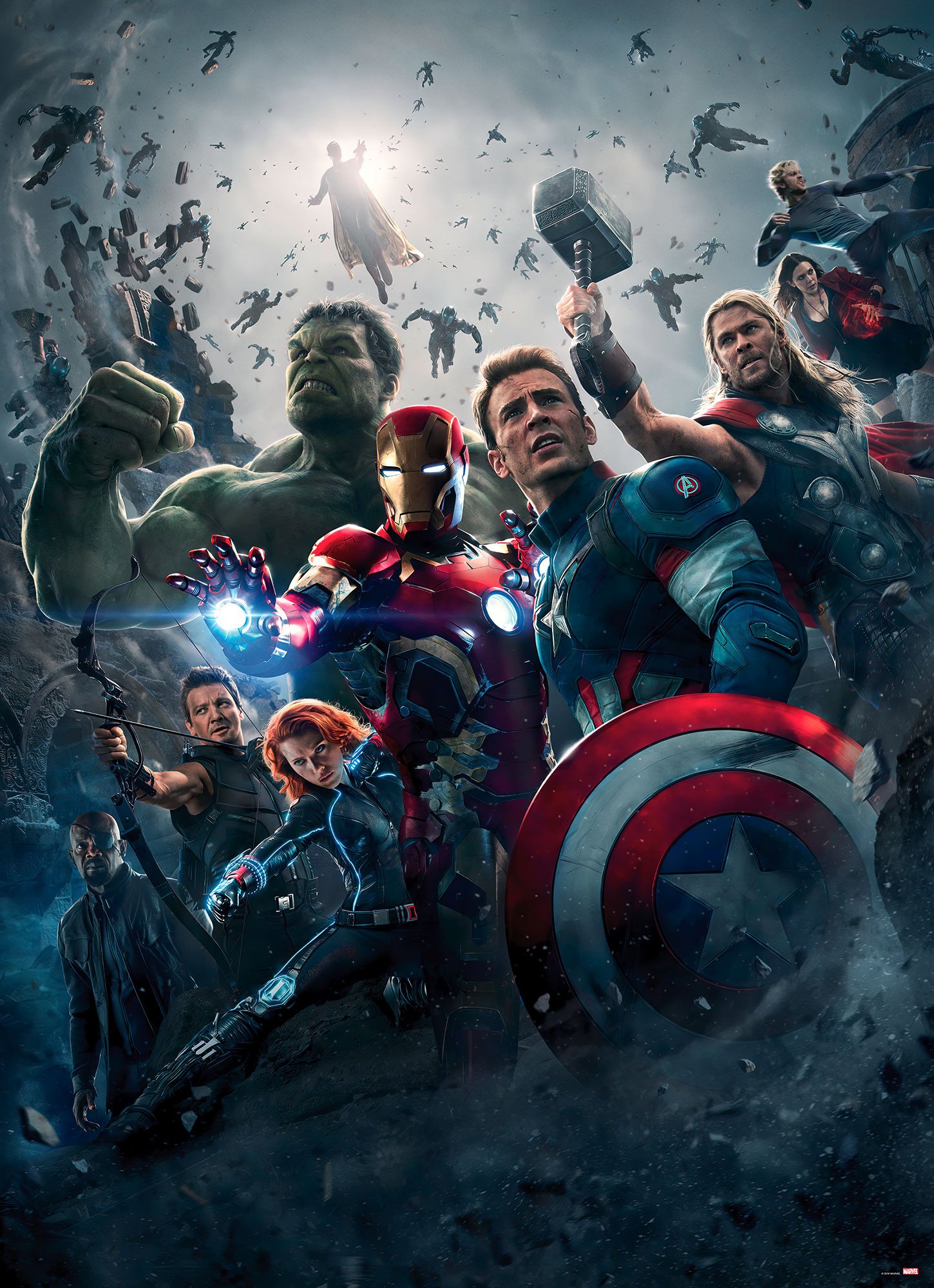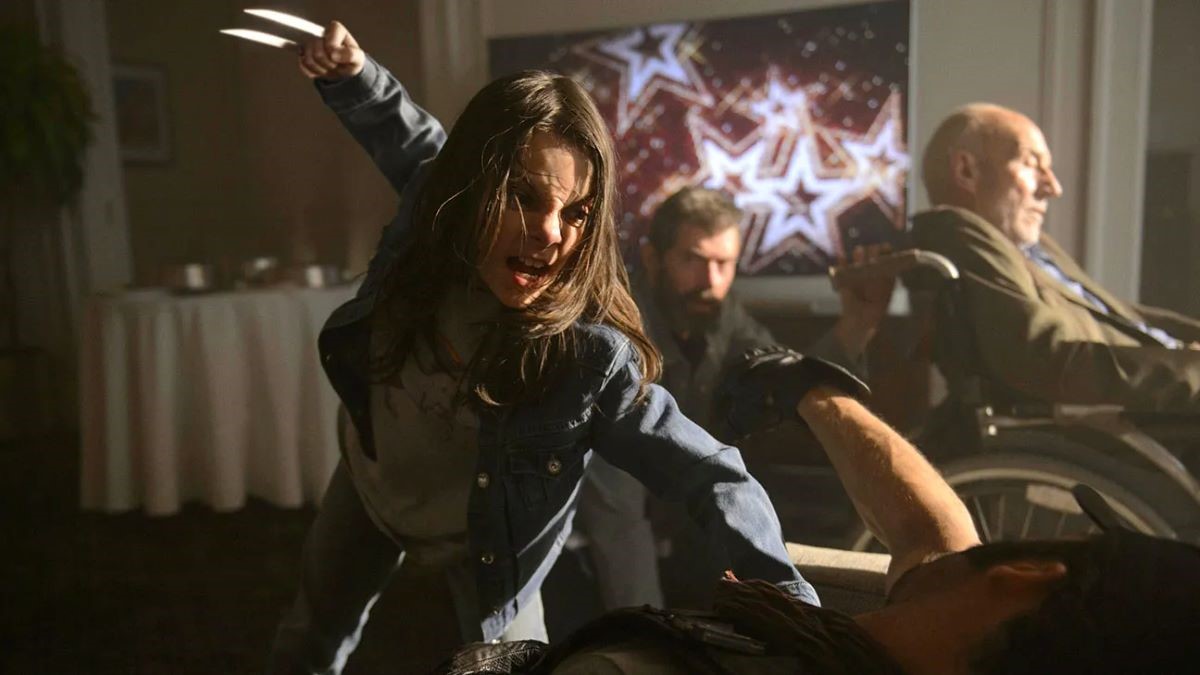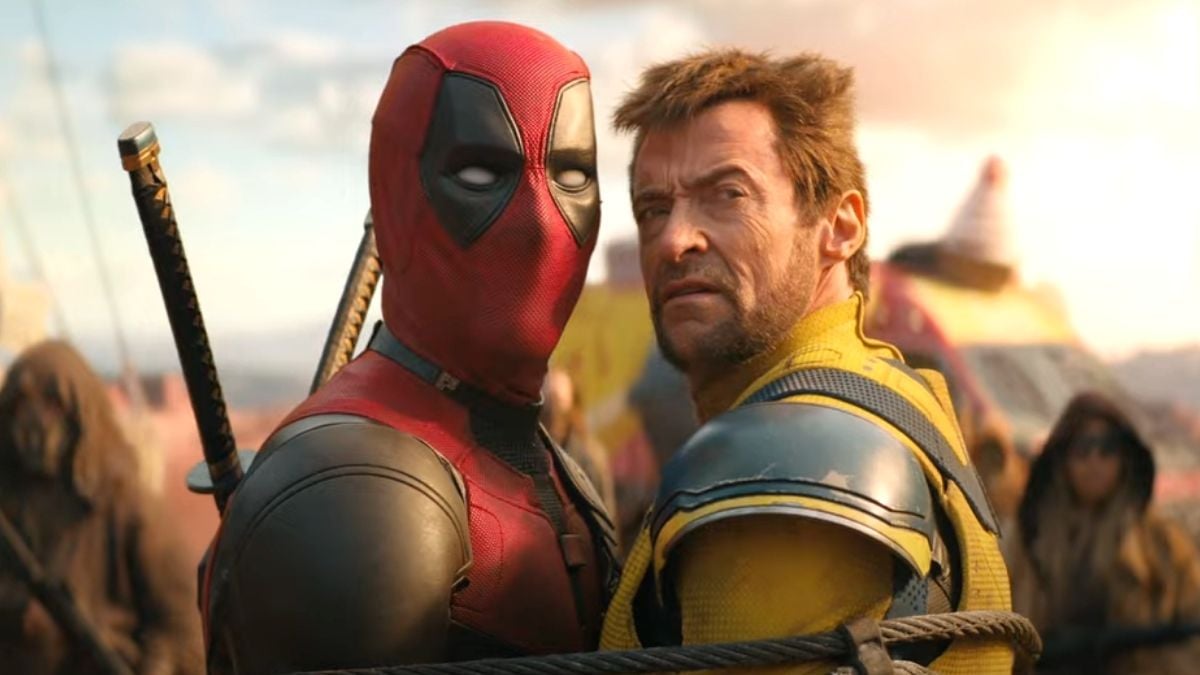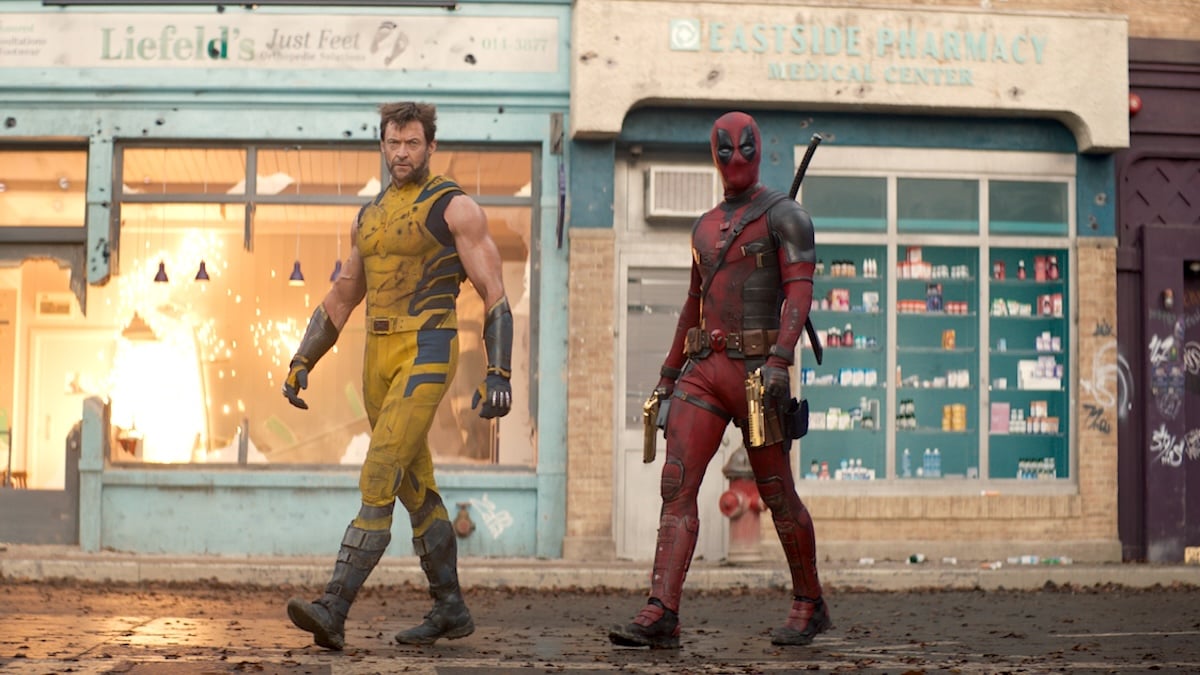The ending of Avengers: Endgame saw Captain America going back in time to return the Infinity Stones and fix any probable anachronisms, but it seems that he couldn’t change everything back to normal after all.
When the Avengers arrived in 2012’s New York, the Ancient One told Bruce Banner that they must return all the stones back to their original timeline or those branched realities would disintegrate. That’s precisely what the heroes did at the end of the film after defeating Thanos in the Battle of Earth. Steve Rogers took all six stones, along with Mjolnir, and put them back where and when they belonged. As you’ll remember, though, the Space Stone was originally in 2012, but Tony and Cap had to take a detour and steal it from Camp Lehigh in 1970. And this is where the problem lies.
As ScreenRant explains:
As far as Captain America within the storyline was concerned, he had to return the Space Stone to 1970, most likely not thinking about the fact that Loki had escaped with a Space Stone after Stark bungled the heist in 2012.
Every other branching reality threatened by the removal of the Infinity Stones – as warned by the Ancient One – would have finally been fixed when Captain America successfully returned those six stones to whence they came, restoring harmony and balance to the universe. This, however, does not account for the fact that in 2012, that time period’s Loki escaped with its Tesseract, which – unbeknownst to all present – contained the Space Stone.
When 2012 Loki grabbed the Tesseract off of the floor of the lobby of Stark Tower, he promptly disappeared into a portal (much to Thor’s dismay). Even if 2019 Cap knew to return to 2012 to track down Loki and that Space Stone – and it appears that wasn’t on his time travel agenda – the likelihood of finding the trickster for a lone Avenger adrift in time could be slim to none. This means that the ‘Loki timeline’ cannot be fixed – by Captain America, at least.
It’s an interesting point they bring up, as even though we see an old Steve sitting on a bench after his young version disappears, we have no way of knowing if he actually succeeded in his task. And like SR points out, how could Steve, of all people, track down Loki even if he decided that it was worth it? After all, we’re talking about a guy who literally goes by the nickname the God of Mischief. This means that Loki’s timeline can’t be fixed, at least by someone like Captain America, which brings us to the independent TV show currently in development.
Even directors Anthony and Joe Russo have detailed why Loki’s timeline presents them with a difficult conundrum, saying:
“The intent was that [Steve] was going to correct the past timelines at the point that the stones left. Loki, when he teleports away with the Time Stone, would create his own timeline. It gets very complicated, but it would be impossible for [Cap] to rectify the timeline unless he found Loki. The minute that Loki does something as dramatic as take the Space Stone, he creates a branched reality.”
It makes a lot of sense in the context of Avengers: Endgame‘s narrative. But then again, if we start nitpicking, any story with a plot involving time travel will fall apart. Still, we’re hoping that Loki will address some of these questions when it debuts in 2021.





























Published: Jul 2, 2020 05:46 pm